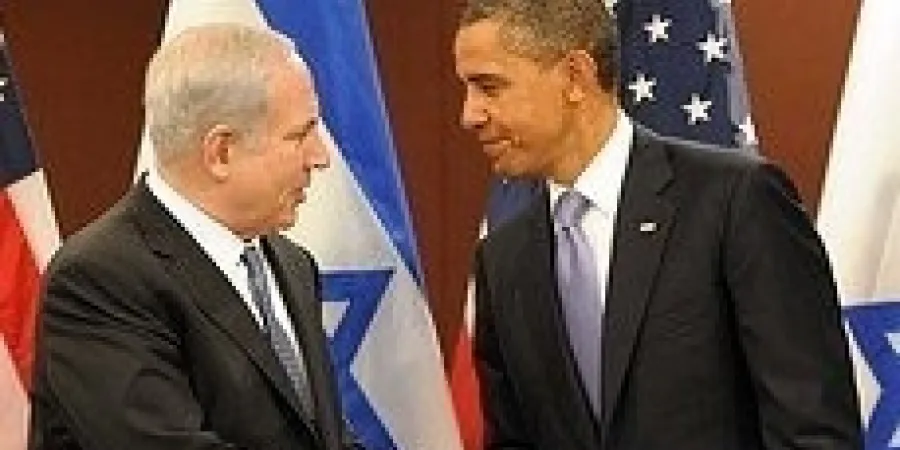Israel-US Dispute Regarding Iran is still highly Significant
In the wake of speeches by Israel’s Prime Minister and the US President at the Saban Forum, it seems that the Israeli and American positions regarding Iran are still very far from one another. A commentary by Professor Zaki Shalom
Zaki Shalom
| 22/02/2015
President Obama opened his remarks at the Saban Forum on December 7, 2013, by stating that the sanctions he initiated badly struck
Obama further reiterates that his conducts against
The president ultimately makes clear that if it turns out that Iran is not complying with the terms of the agreement, and is not working in good faith, the sanctions policy could be restored, and even tighten. In this point as well, Obama presents a different view from that of Netanyahu, who is expressing great skepticism about the ability of the superpowers to restore sanctions after having cracks in it. Our goal, says the president, is to prevent
Obama further stressed that When the President says this, it must be taken seriously. Obama mentions the fact that during his tenure he often ordered the use of military force where required. In any case, the President emphasized, our situation with Iran will not be worse after the six months agreed upon , as implicit from Netanyahu 's remarks . On the contrary, we will have even stronger leverage to continue the sanctions and strict them. In fact, the President clarified that the knowledge required to achieve nuclear capability is in the hands of
No doubt these remarks fold a sharp criticism against Prime Minister Netanyahu. Obama implies that Netanyahu's assessments are based on wishful thinking rather than a realistic vision. Under these circumstances, with the knowledge to achieve nuclear capability already in the hands of
**
Prop.
President Obama opened his remarks at the Saban Forum on December 7, 2013, by stating that the sanctions he initiated badly struck
Obama further reiterates that his conducts against
The president ultimately makes clear that if it turns out that Iran is not complying with the terms of the agreement, and is not working in good faith, the sanctions policy could be restored, and even tighten. In this point as well, Obama presents a different view from that of Netanyahu, who is expressing great skepticism about the ability of the superpowers to restore sanctions after having cracks in it. Our goal, says the president, is to prevent
Obama further stressed that When the President says this, it must be taken seriously. Obama mentions the fact that during his tenure he often ordered the use of military force where required. In any case, the President emphasized, our situation with Iran will not be worse after the six months agreed upon , as implicit from Netanyahu 's remarks . On the contrary, we will have even stronger leverage to continue the sanctions and strict them. In fact, the President clarified that the knowledge required to achieve nuclear capability is in the hands of
No doubt these remarks fold a sharp criticism against Prime Minister Netanyahu. Obama implies that Netanyahu's assessments are based on wishful thinking rather than a realistic vision. Under these circumstances, with the knowledge to achieve nuclear capability already in the hands of
**
Prop.



